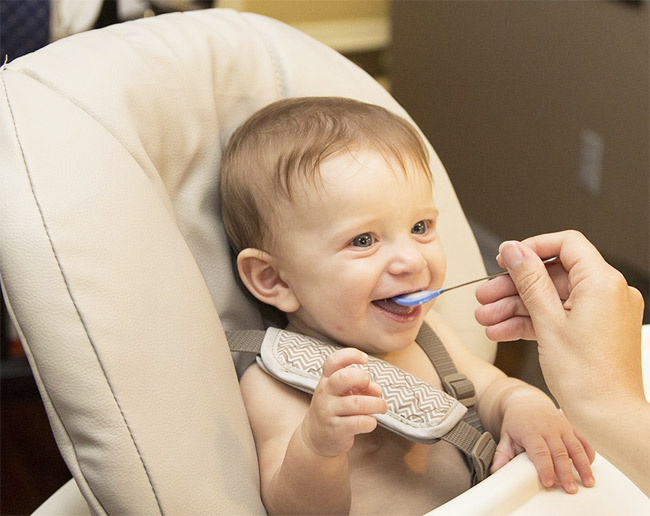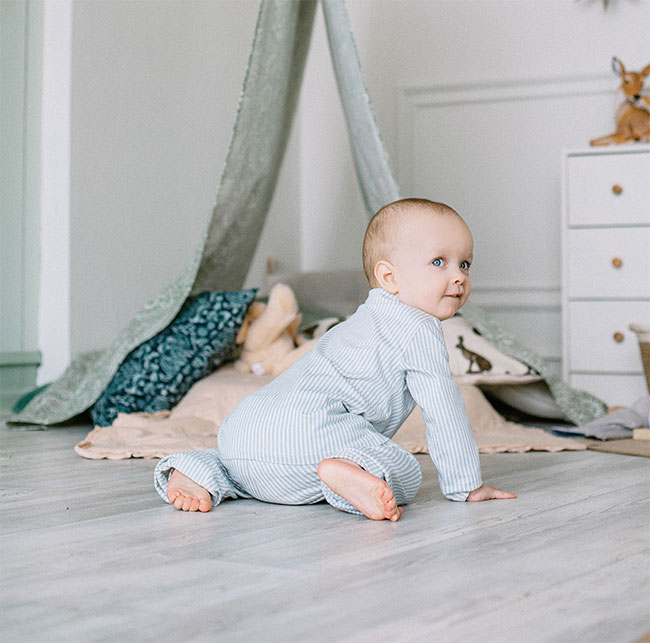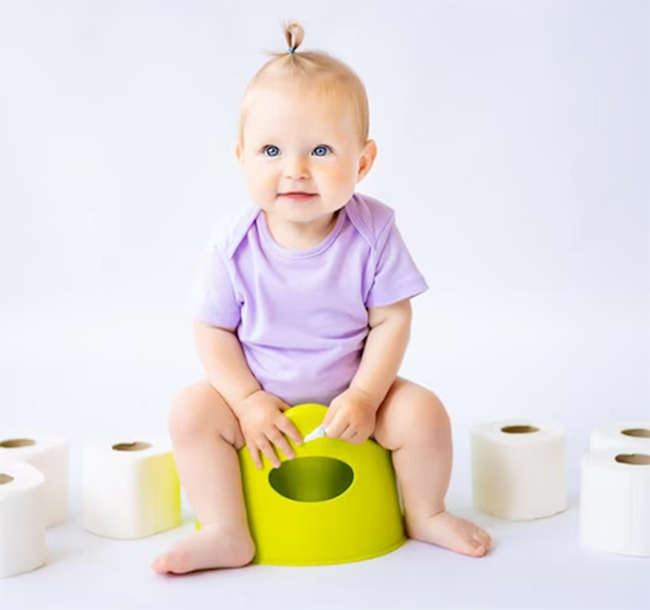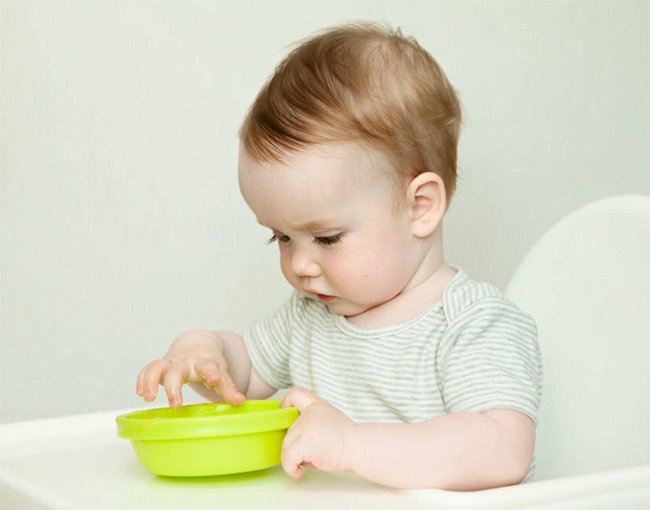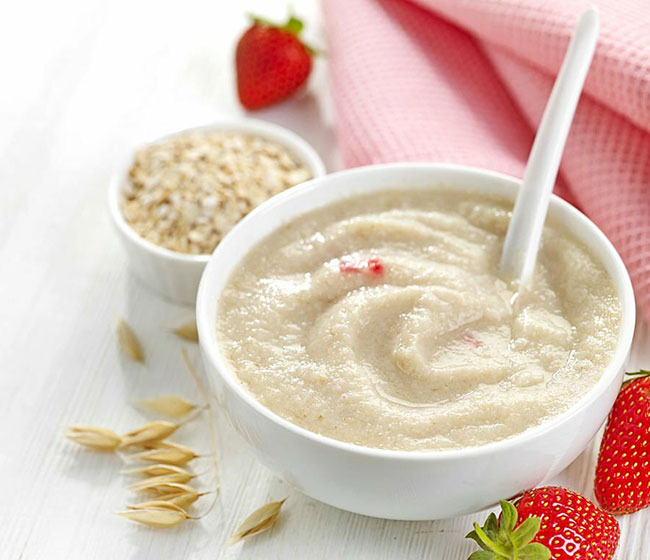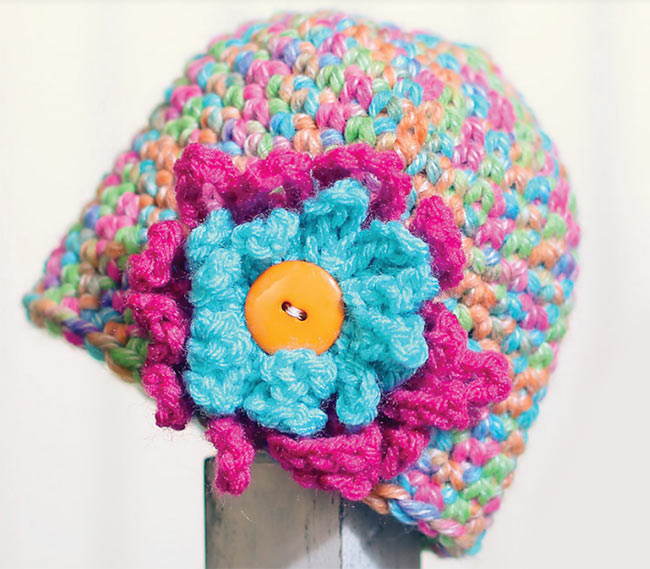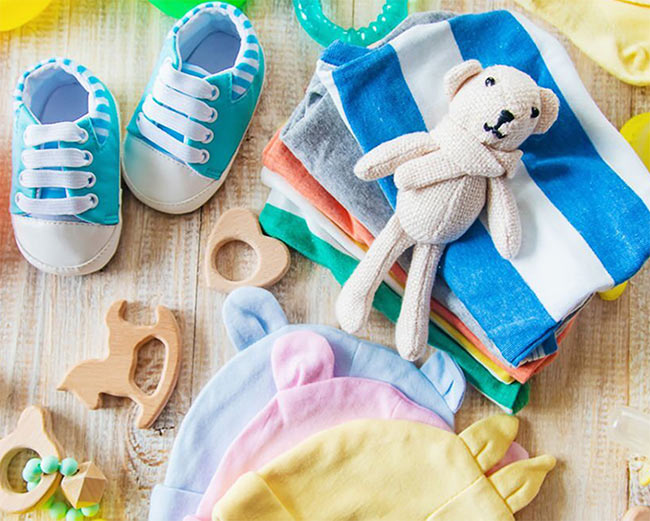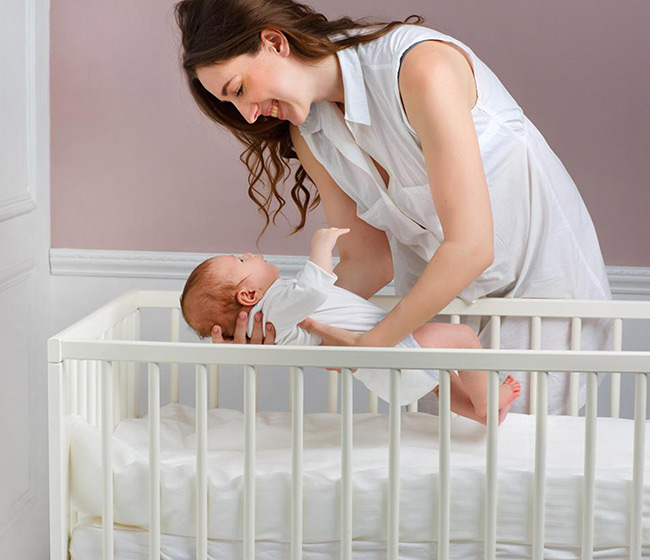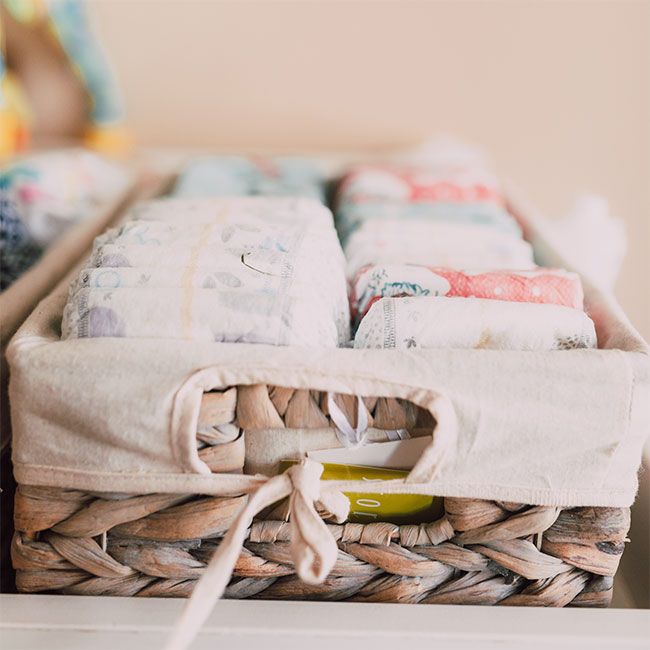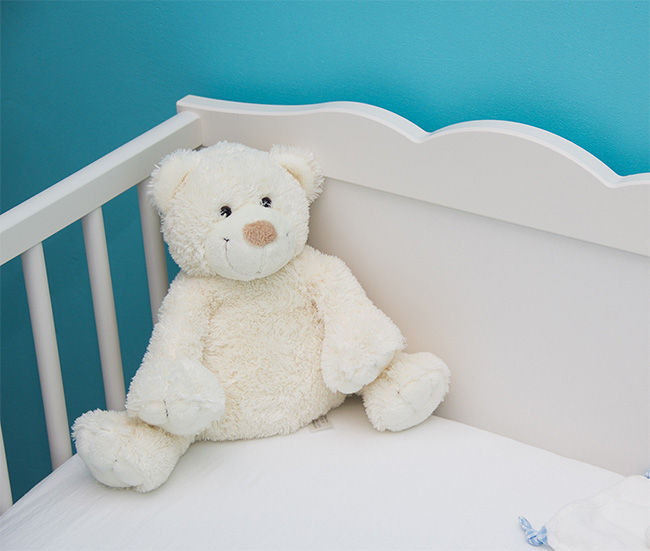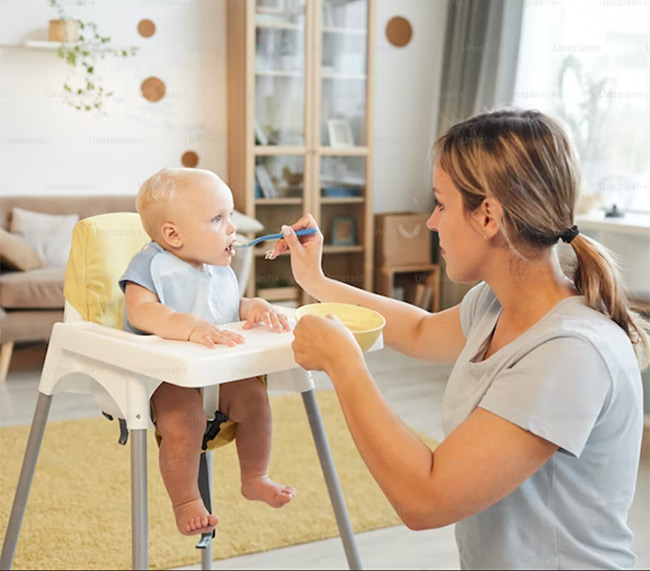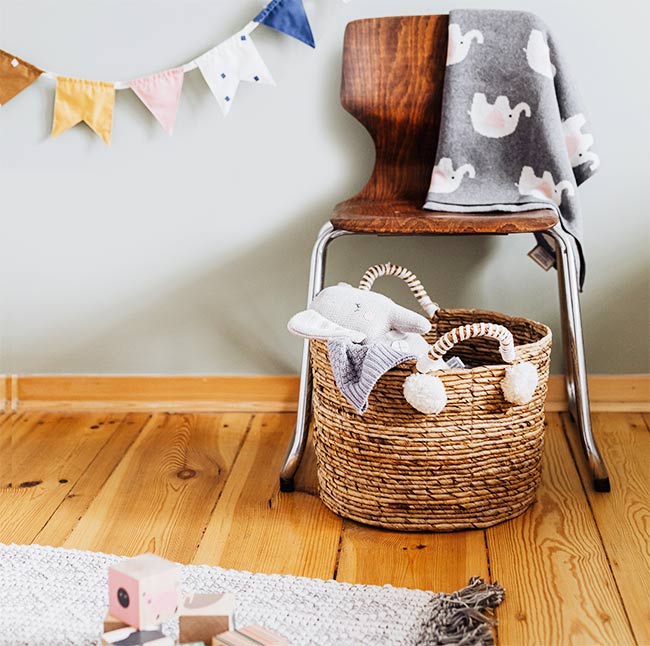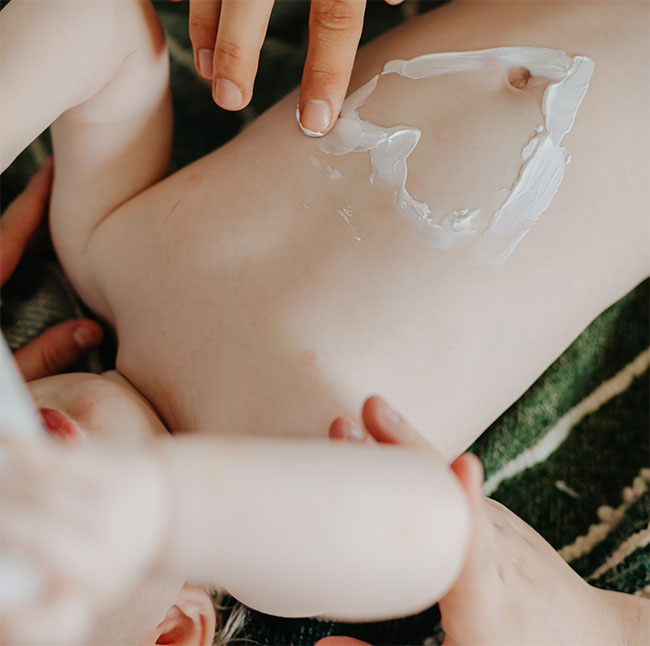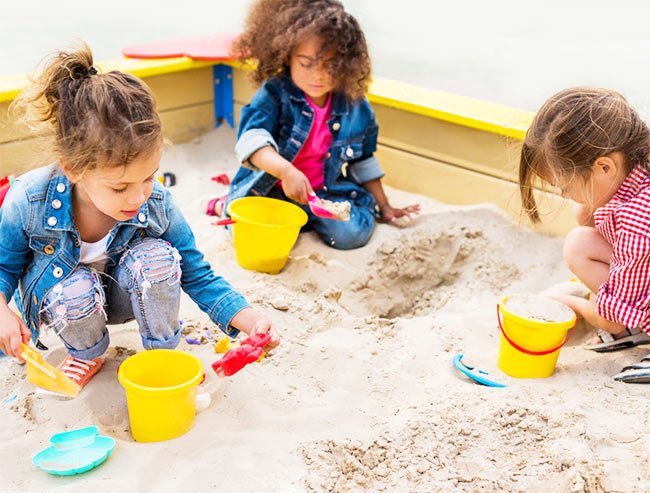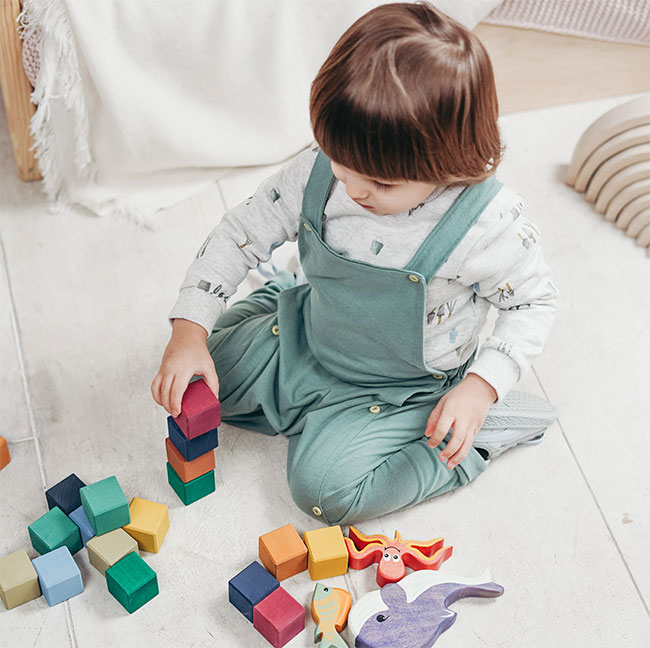Signs to Note that Baby is Ready for Solid food
Before eating solid foods, your baby needs to be able to sit up in a high chair on his own or at least should hold his head up. He also needs to be able to make effort of swallowing food instead of pushing out with tongue. The most noticeable sign is that baby is interested in watching you eat. He might watch curiously when you bring the spoon or fork full of food to your mouth. He might reach for it or will put his hands in his mouth or open it like he wants you to feed him. You will also note that he still seems hungry after his regular breast feed or formula then it is time for you to feed him solids.
The World Health Organization recommends that babies be introduced to solid foods at around six months. According to them most babies are ready to start solids between four and six months, but adds that they should be able to sit up by themselves and grab things to take to their mouth which most babies cannot do before six months. The common misconception is that as waking at night and increased appetite, appear before earlier than this, we think that baby is ready for solid food, however these signs are just the part of settling into their ever changing routine and not necessarily needing other food then milk.
A few babies may be ready for solids a week or two before they reach six months and even some babies lack interest in eating until they are eight months or older. Most babies are truly ready to start exploring solid foods when they can do all of the following
- Can sit with little or no support
- Reach out and grab things effectively
- Take objects to their mouth quickly and accurately
- Make gnawing and chewing movements
These signs usually appear together at around six months most commonly and the most reliable sign is when your baby grabs food from your plate and takes it to his mouth and starts to chew it.
Though it is suggested to start proper sold food at the age of 6 month but some like to give a little taste of any pureed fruit after 4 months for on and off. This practice is though pleasing but shouldn't make it regular before 6 month of age. If you think that your baby has any developmental delays and you want to add some additional nutrients to his diet, talk to your doctor before starting any thing.
How to Start Solids
Breast milk or formula contains all of the nutrition your baby needs for healthy growth for the first six months. He is building his immune system and getting essential nutrients and antibodies that are good for him. Giving any other food then breast milk or formula before certain age can cause other disease like diarrhea. Around this time your baby will be ready to try the taste of solid foods. The best way to introduce the solid food is to start with one thing and just give the child the taste and never offer more then 1 spoon of serving at start and continue the regular feeding of breast milk and formula.
Start with foods which provide extra nutrients that he isn’t already receiving from milk. What ever food you choose, make puree after steaming or boiling so that child can easily swallow it, as in start he just needs to learn how to eat and swallow the food. Do not try any food with possible allergic reactions and to stay on safer side, always introduce veggies and fruit purees at first. Once you feed him his first food, wait for 24 hours before introducing any new food, so that you can keep an eye for any possible reaction.
Eating is as natural for babies as other skills like crawling, walking, talking etc. Eating skill will also appear naturally without the need of eating. Babies like to put things in their mouth and explore their texture, shape and size. Around six months, baby’s hand and mouth coordination will have developed enough for him to put things in his mouth more accurately. However in start he won’t treat food any differently then his toys. He would like to explore with hand and mouth, realizing that it has taste.
Curiosity will make him discover how move the gums and gnaw food, and then how to bite. At start he probably won’t be able to keep it in his mouth at first for which purees are preferred but if you are starting with baby led weaning then let him explore and learn to swallow on his own. In BLW chewing is an important skill, it softens food and mixes it with saliva, making it easier and
safer to swallow, and it begins the process of digestion. It’s important for babies to have the opportunity to practice chewing from around six months to help them learn to do it effectively. Babies who don’t start chewing until they are older (ten months or so) often have difficulty with lumpy foods later on. You can choose both options side by side by giving purees and also offering bite size food to eat to chew.
As his chewing skills develop, your baby will start to figure out how to move food to the back of his mouth to swallow it. This natural pattern of development means that babies rarely try to swallow anything before they have chewed it. Gradually, over a few weeks, less and less of what he puts in his mouth will fall out, and more will be swallowed.

